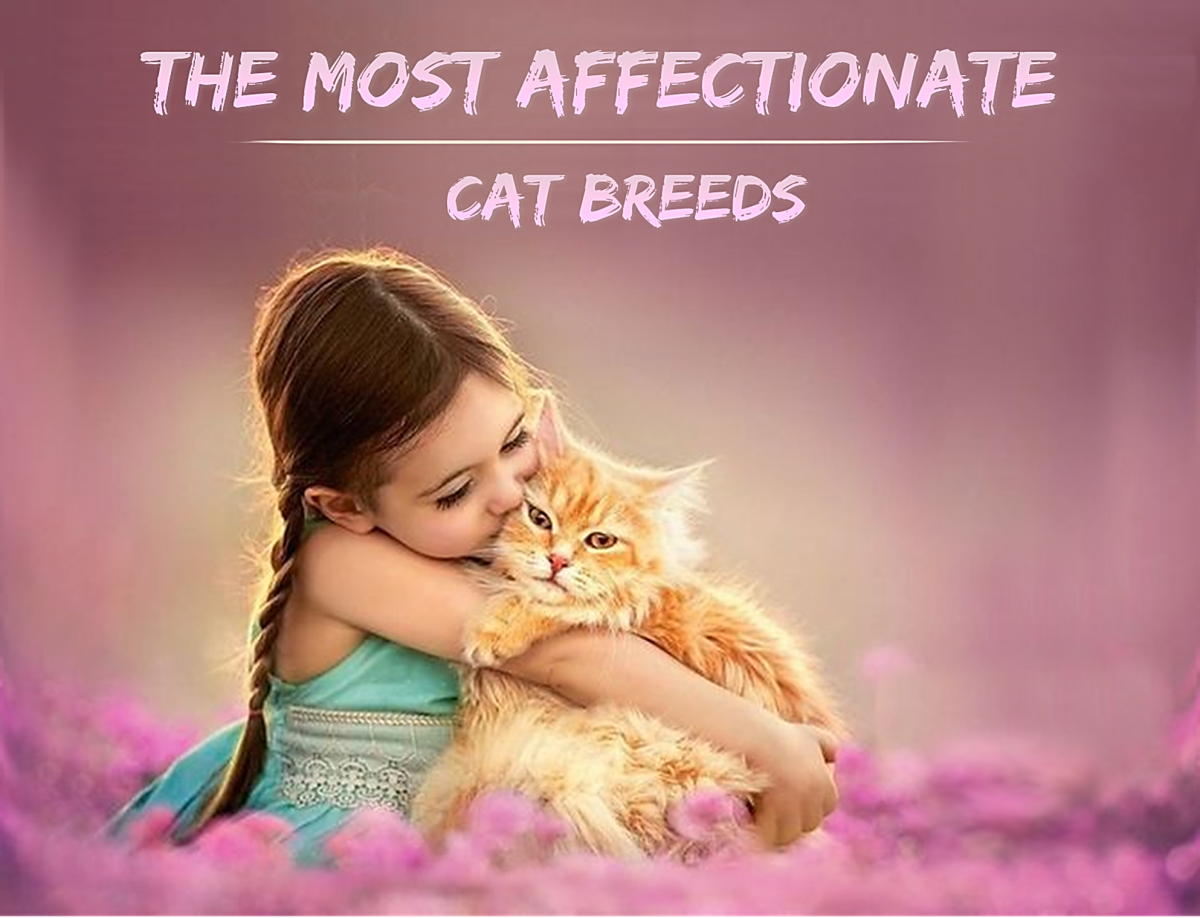Different Forms of Affection
Hugging is a form of affection

Affection can be shown to your friends, your partner, your family or your pet and can even be felt towards a country, an organization or a brand. There are many ways in which humans express their affection -- and according to scientists, genuine expressions of fondness and affection have positive health benefits for both the giver and the receiver.
Affectionate Words
Verbal expressions of affection can range from telling someone that you like, love or care about them to writing them a love letter, poem or a nice email. Taking time out to tell someone you care is not only affectionate, but also healthy. A study published in "Human Communication Research" found that students who were instructed to write a short essay about the fondness they felt for someone close to them experienced a drop in cholesterol after they had written about their feelings.
Physical Affection
People often show affection towards each other through touch, such as patting their head, holding their hand, giving them a massage or a kiss. Research conducted at Brigham Young University and published in the "American Journal of Family Therapy" found that students generally felt more satisfaction in their relationships when more physical affection was shown. The study found that students were also able to resolve relationship problems more easily when there was a high level of holding, cuddling and kissing.
Affectionate Behaviors
Affection can be demonstrated in the way people treat each other and how they interact. For example, supporting someone is an important form of affection, which can include listening to their problems, sharing things with them, or helping them when they are in need. A study published in "Communication Quarterly" showed that people who regularly expressed affectionate behavior were more likely to be in a long-term relationship, and were happier overall, than those who were not outwardly affectionate.
Affectionate Attitudes
The same paper, which analyzed data from people who had been nominated by others as notably affectionate, noted that fondness did not necessarily have to be reciprocated for them to gain benefits from feeling and expressing affection. This is because affection is an attitude. Loyalty, respect and familiarity can all form the basis for an affectionate attitude toward something or someone. This is why people can feel affection for their country, their school or their community, and use that as a basis for enjoying feelings of well-being and self-esteem.








